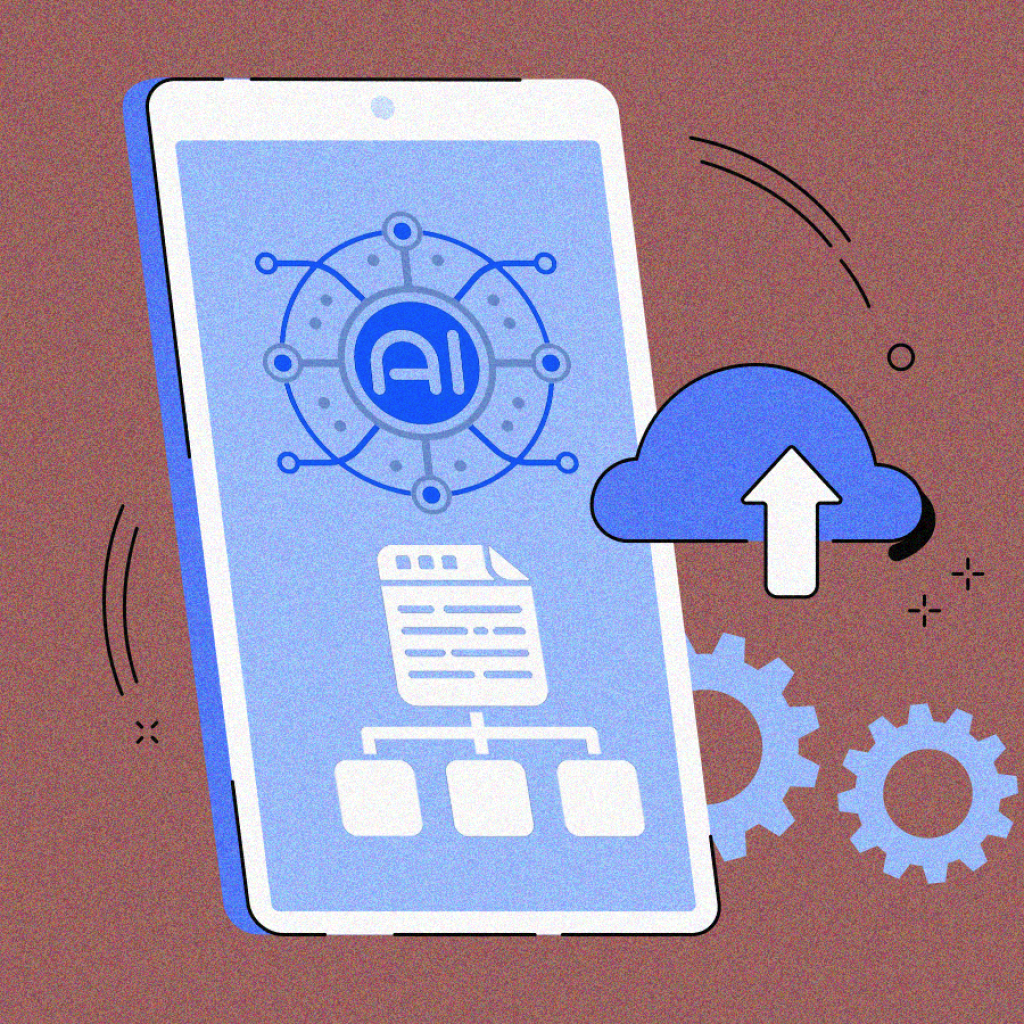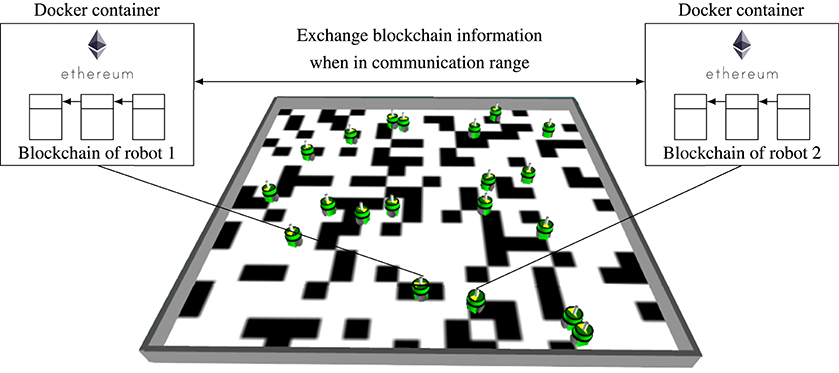OpenAI’s release of ChatGPT has sparked extensive discussions in media and scientific circles regarding the potential threat of AI. Amidst these dialogues, a significant and pressing concern comes to the forefront—namely, the profound influence that AI could exert over human cognitive capacities and the innate creativity that defines our species. As the discourse unfolds, it becomes evident that the potential erosion of human thought and creativity is a more imminent threat than AI achieving a level of consciousness akin to human sentience.
AI’s current landscape
ChatGPT, a potent version of the GPT model, operates by deciphering patterns from extensive training data to generate new data sets. While some voices sound alarm bells over AI potentially achieving artificial general intelligence (AGI), experts counter this by asserting that there is no scientific basis to assign subjective experiences to vast language models like GPT. T rooted in consciousness, Sentience necessitates interaction with the multidimensional world through sensory organs and an embodied nervous system—elements profoundly absent in AI models.
While AI’s inability to achieve true sentience ensures human survival remains intact, a more insidious danger exists. It lies not in AI attaining consciousness but in gradually eroding human cognitive capabilities. The proliferation of AI-driven applications that efficiently provide solutions without necessitating independent thought poses a grave risk to human creativity and autonomy.
A shift from human craftsmanship to automation
Industries are progressively substituting human expertise with AI systems across various domains, such as scriptwriting and legal work. This unsettling trend is accompanied by an argument that relinquishing independent thinking is desirable. Such a perspective paves the way for a future where machines offer answers while humans are reduced to asking questions—a potentially dystopian reality characterized by authoritarian control.
Preserving self-governance and agency
The desire for self-governance and the ability to shape our narratives is a counterforce against unaccountable power. While suppressing human agency is no simple task, a subtler approach involves persuading individuals that their thoughts are expendable. Within this framework, AI’s role becomes evident—it seeks to devalue human thought’s cultural and political importance, rendering it less impactful.
Current AI challenges and real problems
The consequences of AI’s current impact are observable in numerous issues, including algorithmic discrimination, the spread of disinformation, economic disparities, and environmental repercussions. Urgent solutions are required to address these challenges. However, the genuine threat doesn’t stem from creating sentient machines; instead, it emerges from the gradual erosion of human creativity and the capacity for independent thought.
While discussions often revolve around existential risks associated with AGI, a more pressing danger lurks— the subtle erosion of the value of humane thought and creativity. Rather than a dramatic mechanical uprising, a covert campaign is underway to diminish the significance of independent thought, potentially undermining the essence of human existence.
Safeguarding the value of thought
As AI evolves, the emphasis must shift toward nurturing a value system that champions independent thought and creativity. The pivotal question revolves around the influence of AI’s economic power on shaping the future: Will it nurture a society that cherishes the power of thought, or will it contribute to its decline?
Amid debates surrounding AI’s potential to attain consciousness and pose existential threats, the genuine peril lies in the depreciation of human thought. While AI automates tasks, concerns arise regarding the potential erosion of creativity and autonomous thinking. The challenge we face is cultivating a future that prioritizes a society where thinking is not just a skill but an essence. This endeavor safeguards the very core of our humanity.





